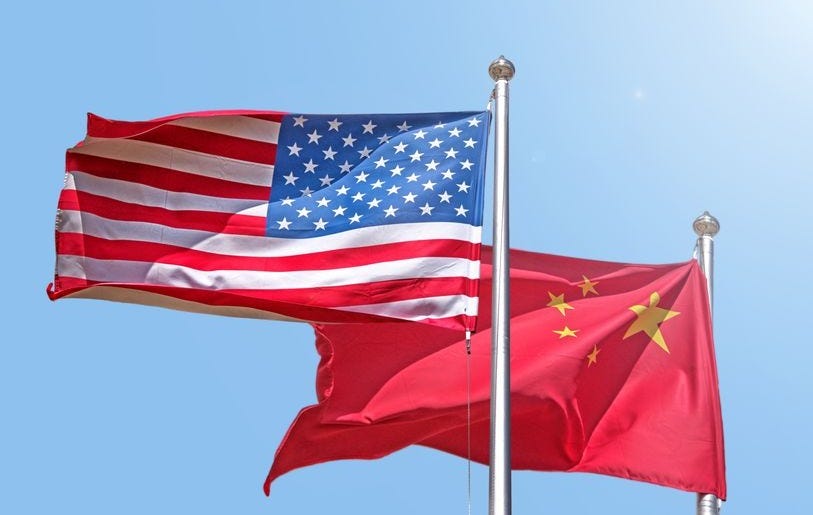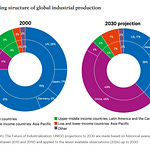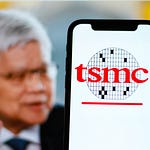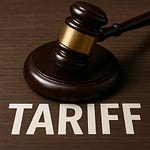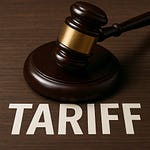A recent address by Taiwan’s Central Bank Governor, Yang Chin-Long, stood out for its clarity and candor. In a rare and pointed warning, he described the return of Trump-era trade policies as a driving force behind what he called a “great volatility era” in the global economy. His keynote, “Trump 2.0 Trade Policy: Issues, Impacts, and Challenges,” offered more than just a critique of tariff-based protectionism—it traced the broader implications of these shifts through the lens of historical power transitions and systemic risk.
In a geopolitical landscape often dominated by political agendas, central bankers—bound by mandates of independence and long-term stability—offer a uniquely clear-sighted perspective. Yang’s address is a prime example of that. Grounded in macroeconomic logic and free from partisan framing, it delivers insights that are not only timely but vital for understanding where the global economy might be headed. We believe his analysis is essential reading for anyone navigating today’s complex economic currents.
A Return to Protectionism—and Its Consequences
Governor Yang’s speech framed Trump’s revived trade war tactics as both “unpredictable” and “dangerously contradictory”. The U.S., once a champion of globalization, now leads the world in imposing trade barriers, pushing average effective tariff rates to post-WWII highs. Yang argued that while the rhetoric of “America First” seeks to rebalance trade deficits and bring back manufacturing, its methods—namely tariffs—undermine global efficiency, stoke inflation, and slow growth.
The market reaction in early 2025 reflected this uncertainty. U.S. financial markets reeled following announcements of reciprocal tariffs, with the Nasdaq plunging, bond yields rising, and the VIX volatility index soaring. A temporary pause and subsequent deal with China calmed markets, but not before signaling deep structural instability.
The Dollar Under Pressure
Yang raised another critical point: the global role of the U.S. dollar. Trump’s view of fiscal and trade deficits as burdens rather than privileges marked a philosophical break from traditional U.S. policy. His floated ideas—including engineering a weaker dollar via multilateral currency accords and converting debt into ultra-long-term instruments—have rattled investor confidence. Though U.S. Treasury officials later walked back some of these ideas, the damage to global perceptions may already be done.
Still, the dollar remains resilient—its dominance as a store of value and medium of exchange is unmatched. Yang cautioned, however, that even the strongest currency systems require trust and steady stewardship.
Tariffs Can’t Fix Structural Deficits
Central to Yang’s critique is the argument that tariffs address symptoms, not causes. America’s persistent trade deficit, he noted, stems from its “twin deficits”: chronic government overspending and insufficient private savings. Without broader fiscal reform and savings discipline, tariffs will only misallocate costs—hitting low-income households hardest—without solving the underlying issue.
Kindleberger and Thucydides: Historical Lessons Loom Large
The uncertainties described by Yang reminded us of a rare occasion in 2023 when a geopolitics summit was held in Taiwan, where the late Joseph Nye and Harvard professor Graham Allison discussed the changing landscape of US-China power game virtually. Nye and Allison discussed the Kindleberger Trap, where no power steps up to provide global public goods, and the Thucydides Trap, where rising powers challenge established ones, often ending in war.
Joseph Nye warned that U.S. retrenchment under Trump 2.0—pulling back from institutions like the WTO and WHO, and exiting the Paris Agreement—may leave a dangerous leadership vacuum. Meanwhile, China’s mixed record of cooperation raises concerns that it may not be ready to lead either. If neither superpower commits to global stewardship, instability is all but guaranteed.
Nye’s criticism of Harvard scholar Graham Allison’s Thucydides Trap stressed that conflict is not inevitable. History is shaped not by abstract forces alone, but by the decisions of leaders. “Human agency and careful statecraft,” he said, remain our best safeguards.


